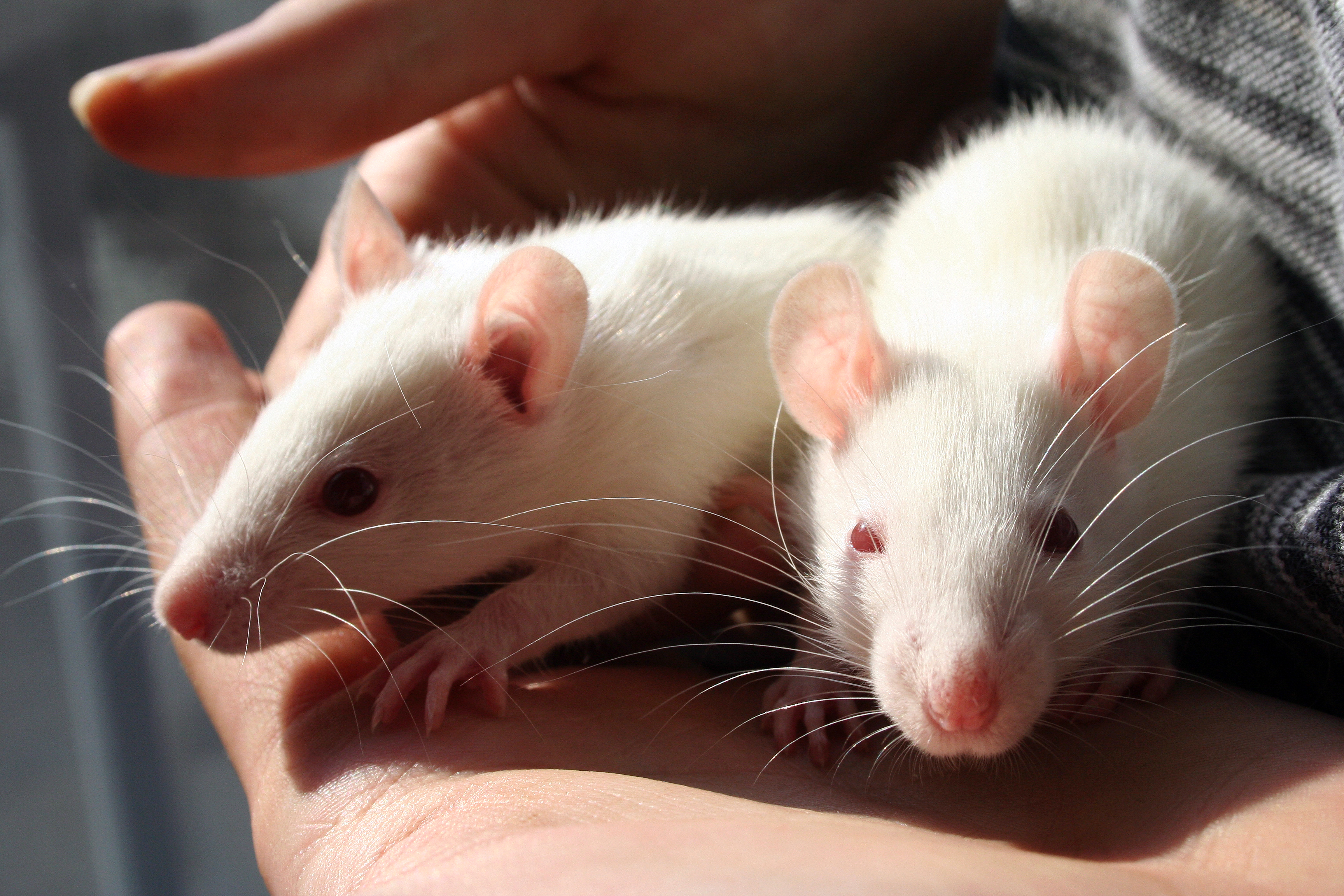Are rats with human brain cells still just rats?
By Jessica Hamzelou,
MIT Technology Review
| 10. 14. 2022
This week I wrote about a fascinating experiment that involved implanting human brain cells into rats’ brains. The brain cells from both species were able to form connections and work together. The human cells became part of the rats’ brains.
The idea is to get a better sense of what happens in the brains of living people—something that is notoriously difficult to do. For the last decade or so, scientists have been studying lab-grown clumps of brain cells called organoids. The new study shows that these organoids start to look much more like functional human brain cells when they are implanted into the brain of a baby rat.
A few months after they’d been implanted, the human cells made up around a sixth of the rats’ brains and appeared to have a role in controlling the animals’ behavior. Which invites the question: Are these animals still 100% rat?
It’s a tricky one. The scientists behind the work argue that there’s nothing really human about these rats. Throughout the study, the team examined the rats to see if those with...
Related Articles
By Jonathan Matthews, GMWatch | 12.11.2025
In our first article in this series, we investigated the dark PR tactics that have accompanied Colossal Bioscience’s de-extinction disinformation campaign, in which transgenic cloned grey wolves have been showcased to the world as resurrected dire wolves – a...
By Jessica Hamzelou, MIT Technology Review | 11.07.2025
This week, we heard that Tom Brady had his dog cloned. The former quarterback revealed that his Junie is actually a clone of Lua, a pit bull mix that died in 2023.
Brady’s announcement follows those of celebrities like Paris...
By Lauran Neergaard, AP News | 11.03.2025
WASHINGTON (AP) — The first clinical trial is getting underway to see if transplanting pig kidneys into people might really save lives.
United Therapeutics, a producer of gene-edited pig kidneys, announced Monday that the study’s initial transplant was performed successfully...
By Meagan Parrish, PharmaVoice | 10.10.2025
When CEO Ben Lamm steps into the spotlight, it’s usually to talk about his efforts bringing extinct animals back to life. Once a far-flung idea, Lamm and the company he heads, Colossal Biosciences, have proven they can pull it off...




